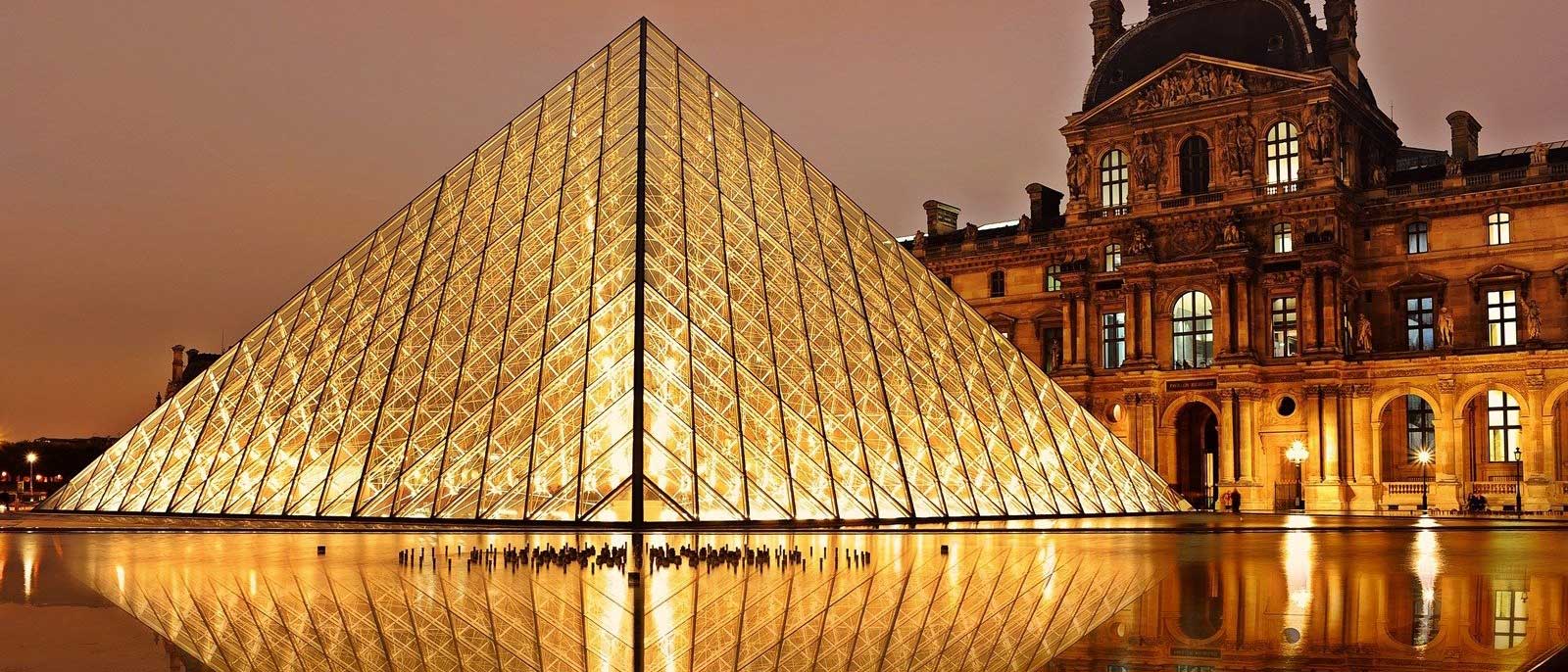
Study Abroad in France
The study abroad program in France is supported by School of World Studies faculty and offers three credits in anthropology (ANTH).
City of Light(s): The Material Culture of Paris of the 18th and 19th Centuries
Overview
The Global Education Office, School of World Studies and the Anthropology Program are pleased to offer this introduction to the material culture of Paris, focusing on the 18th and 19th centuries, and highlighting the progression of the Industrial Revolution. Attention will be given to advances in modern conveniences and creature comforts industrialization granted, to the ecological and health issues resulting from an increase in the use of fossil fuels; a movement of women and children, into the workforce; and the economic factors at play from pre-Revolution to pre-WWI. Students will visit museums and complete activities that highlight the progress of industrialization, such as the Musée de l’Homme (the museum of man); the palace of Versailles; the catacombs; and spend an afternoon at the Bibliotheque Nationale France—the French library. The cultural inclusions, from food to entertainment, similarly highlight the coalescence of the secular French identity, referred to as Laïcité, which occurred during this time period, bringing us the unique France of the modern world.
Classroom instruction prior to the trip will include lectures on history, culture and interpreting material culture, as well as practical aspects of navigating the city of Paris.
Credit Options
- ANTH 391: City of Light(s): The Material Culture of Paris of the 18th and 19th Centuries
- ANTH 398: Field Investigations in Anthropology
For more information and to apply, please visit the Global Education Office website.
Program Director
The program is directed by Rebecca Gibson, Ph.D., an anthropology instructor in VCU’s School of World Studies. Gibson specializes in anthropology, and her dissertation research examined changes in the skeletal structure of women who wore corsets between the years of 1700 and 1900 AD. Her secondary research focus is on the romantic and sexual entanglements of artificial intelligence and robotics in science fiction, specifically looking at what fulfills the qualification of "human enough." She may be reached at rgibsonr3@vcu.edu.